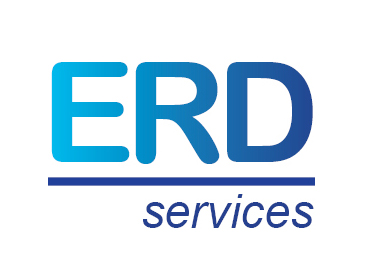AFRY Protected Well Its Bottom Line In Q3
AFRY Protected Well Its Bottom Line in Q3 2020
AFRY, once again, protected its bottom line during the pandemic. The company limited its Q3 2020 EBITA margin decline to 40 bps to 6.7%. AFRY reduced its expenses by SEK 480m in Q3, a level similar to QA (SEK 490m). While in Q2, AFRY had made 270 positions redundant (mostly in automotive), the company focused on indirect expenses in Q3. Overall, AFRY mitigated the losses from its automotive units and FOREX impact. It also benefited from a favorable comparison basis.
Infrastructure Division No Longer A Growth Driver
Revenue growth was in line with expectations, down 7.6% yoy at cc/cs, to SEK 4,021m. The company’s largest LoB, Infrastructure Division, was down by 5.2% at cc/cs. Commercial real estate, particularly airports, hotels, and retail buildings across engineering and architecture, and project management in Norway (the Advansia business) impacted growth.
Sweco, AFRY’s primary infrastructure engineering competitor, will publish its results on November 3. We will assess the performance of AFRY vs. Sweco. However, in the past quarters, the Infrastructure Division has gradually moved from a 10% organic growth to 0%, moving into negative territory with the pandemic.
Process Industries Division Remains The Bright Spot
The second-largest LoB, Industrial & Digital Solutions Division, was down by 12.5%. Automotive continued to drive the decline. Nevertheless, the division believes it hit the bottom in Q2 and is improving sequentially.
Among the smaller LoBs, the Process Industries Division was up by 5.3% yoy thanks to pulp & paper clients in Brazil and North America. Nordics were down in professional services. Demand for sustainable packagings is driving the replacement by fiber of plastics.
Finally, the Energy Division was down by 13.0% yoy at cc/cs. The company is changing its portfolio, suffered from a demanding comparison basis (with the end of a large EPC contract in Thailand), and delays in renewables projects.
Organic Growth Remains A Challenge
It has become clear that the acquisition of Pöyry has not solved the organic growth challenges of the former ÅF. Quite the contrary: the company was going to solve Pöyry’s challenges in infrastructure engineering, and gained from it in energy engineering. AFRY still has some way to go before resuming organic growth.
There is positive news, though. On the financial side, AFRY has managed very well the funding of the Pöyry acquisition. The company has a net debt of SEK 6,050m and SEK 3,523m (~USD 400m), excluding IFRS 16. AFRY now has the balance sheet to make regular tuck-in acquisitions.
